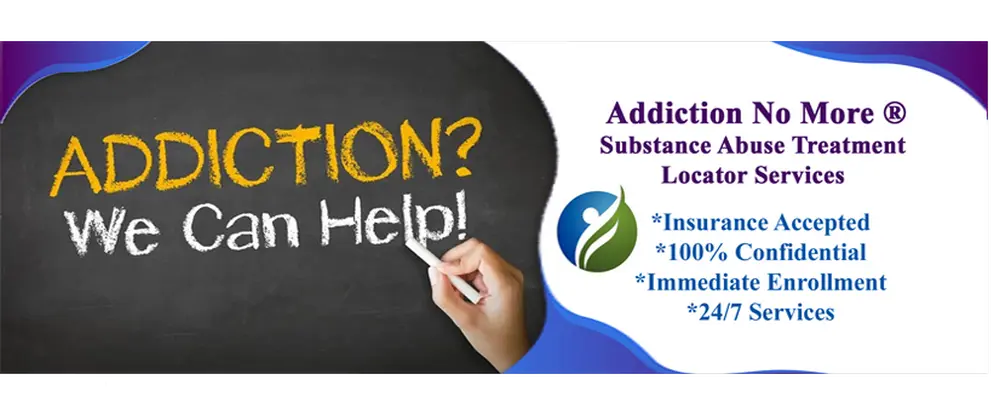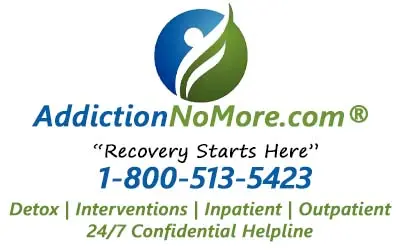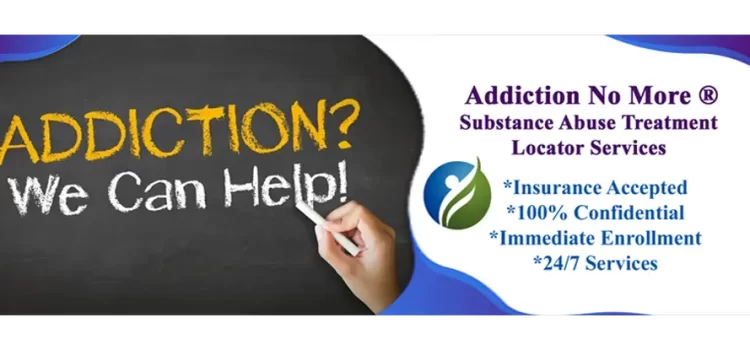How Does Rehab Work?
Going to an addiction treatment center or drug rehab will help you go through all the facets of your life. In doing this, you will learn the reasons why you’ve been self-medicating and how to stop using drugs or alcohol as a crutch. Drug rehab counselors and specialists address the root causes of that pain and help you learn to let go. You will learn new, healthy living skills as well. Once you have all the knowledge about how rehab works, you can know what to expect when entering a drug rehab center program. You will know how long you will need to stay in a center, the costs associated with the programs, the types of therapy offered, and what to expect when you enter into treatment for addiction.Please contact us by phone for immediate assistance. This is a necessary step in beginning the recovery process for yourself or a loved one. Our addiction treatment specialists and staff have over 25 years of experience in helping people find effective and affordable treatment for all addictions. What you tell us is completely confidential. We are HIPAA compliant. We are here to answer your questions and to get you (or a loved one) into treatment today. For immediate intake, call us now.
1-800-513-5423

Most addiction rehab programs follow the same type of process and use similar steps when you first enter into treatment. These steps usually include:
Intake: Intake can either be done online or through an in-person interview. During the intake process, there will be a thorough assessment of your medical history, drug usage habits, and social background which will help the center determine the next course of action.
Detoxification: This consists of ridding the body of harmful toxins that can cause medical complications without continued use. Detox is often the first step in the recovery process especially if the patient is using Opioids, Benzodiazepines, or alcohol. Detox will make sure a patient is stabilized and withdrawal-free before entering into the next step of the recovery process.
Addiction treatment program: Once the client or patient has been cleared and stabilized, it is time to enter into a program to help handle all the underlying conditions that lead to the addiction in the first place. This can either be done in an inpatient drug rehab, outpatient treatment program, or a partial hospitalization day treatment center.
Aftercare: Aftercare programs, are as they sound, and for continued care after going through a drug or alcohol rehabilitation treatment program. After completing a treatment program for 30-90 days, aftercare programs often can last for a year or for many years, depending on circumstances discovered through treatment. The time spent in rehab is a short period of time, and for many the challenges of daily life, changes in routine, and getting rid of bad influences and other external factors can make recovery challenging without an after-care program.
There are many types of treatment programs available, all of which can have different methods and approaches, but for the most part, drug rehab centers follow the same common methods. These treatment methods and models are as follows.
One-on-one therapy helps the individual learn coping skills that are essential to finding the derivation of the addiction issue and learning how to reduce your chances of relapse. This therapy approach helps address all areas of a person’s life such as legal issues, family dynamics, employment, and habits that can impair long-term recovery.
Family therapy can be a very important part of any drug rehab center program. Families can be great help or hindrance to the recovering addict during therapy and after treatment is completed. Family can help the individual through accountability and ongoing support during the recovery process. Family members and loved ones will need to learn to avoid behaviors that may have helped maintain the substance abuse disorders within the family.
Group therapy helps with ongoing accountability and support as part of the recovery process. Group therapy can be used in conjunction with individualized therapy programs.
Activities or art therapy are a part of some substance abuse treatment programs. This type of therapy can help the individual reconnect by discovering how to have fun without the need to use a substance. Often times what we loved to do before the addiction has taken hold has been pushed aside and forgotten. Rediscovering fun activities and artistic talents can help the client fill their life with meaning while relieving boredom.
CBT or Cognitive Behavior Therapy helps a person handle their thoughts and how they react to their thoughts through learning ways to cope with stressors that can lead to relapse. This is a very common approach to addictions to drugs or alcohol.
CMMI Contingency Management Motivational Incentives involve incentives for staying in recovery. Treatment programs may offer prizes or awards for completing a step or goal in the recovery process. This can be in the form of vouchers for movies, special treatment for the day, or a certificate for dinner.
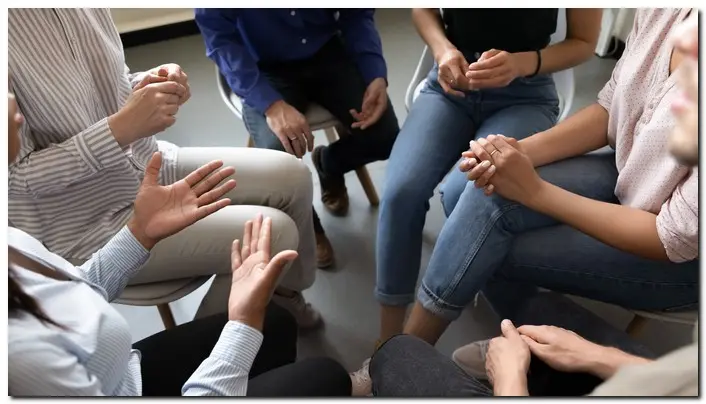
What is a typical day like in an inpatient drug rehab center?
11:00 pm: Bedtime
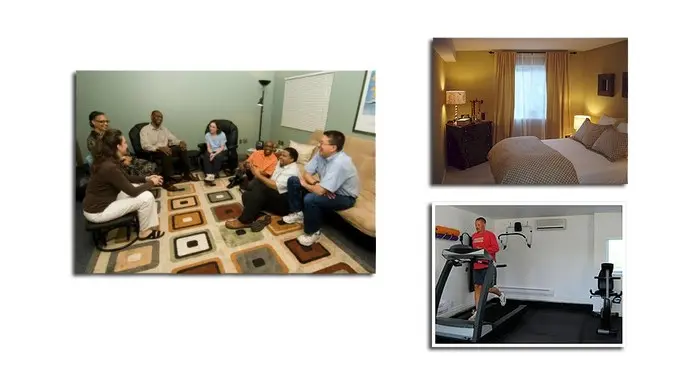
How long is rehab?
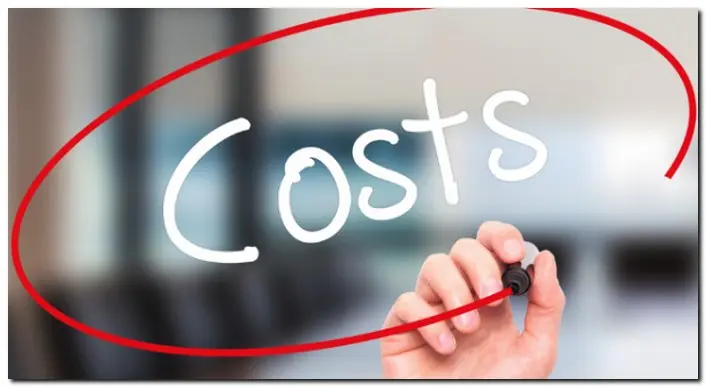
How much is the cost of private drug rehab and will my insurance pay for it?
1-800-513-5423
